Reviewed by Meg Flores
The smartphone world just got a lot more interesting. Tipsters claim OnePlus is preparing to launch what could be the most battery-dense compact flagship we've ever seen, reportedly called the OnePlus 15T (or 15s in some markets). Early leaks suggest this device might pack an unprecedented 7,000mAh battery into a form factor that won't break your pocket or your wrist.
The leaked 7,000 mAh figure is tied to reports that OnePlus may use silicon-carbon (silicon-graphite hybrid) battery cells — a chemistry some OEMs are adopting for higher energy density. Early coverage and explainers note silicon-carbon can raise capacity and sometimes reduce charging heat, but it also brings tradeoffs (higher swelling risk and potentially fewer long-term cycles), so those thermal/longevity benefits are claimed rather than guaranteed.
Now here's the thing, while most manufacturers are content with 100 to 200mAh bumps each generation, OnePlus looks ready to take a swing that could change how we think about smartphone endurance. If these rumors pan out, they might just redefine what "all-day battery life" actually means.
The bigger picture: OnePlus pushing industry boundaries
What stands out about the OnePlus 15T is not a single headline number, it is the strategy. While rivals chase small year-over-year bumps, OnePlus seems willing to make bigger engineering bets that reset expectations for a compact flagship.
The silicon-carbon approach brings benefits beyond capacity. These batteries generate significantly less heat during charging, making devices safer and extending battery lifespan. That tackles a common pain point, the hot-hand charger session that slowly chips away at long-term health. The layered approach OnePlus is taking with their battery technology also reduces mechanical stress and minimizes capacity loss over time, so the pack should hold closer to its day-one strength after hundreds of cycles.
Bottom line, if you have felt a phone get uncomfortably warm while fast charging, or watched capacity nosedive after a year, these thermal and longevity gains matter more than any big number on a slide.
If OnePlus can deliver on these promises while keeping pricing competitive, the 15T could set a fresh benchmark for what a flagship should feel like in 2025 and beyond. Not incremental progress, a rethink of the daily trade-offs we have learned to accept.




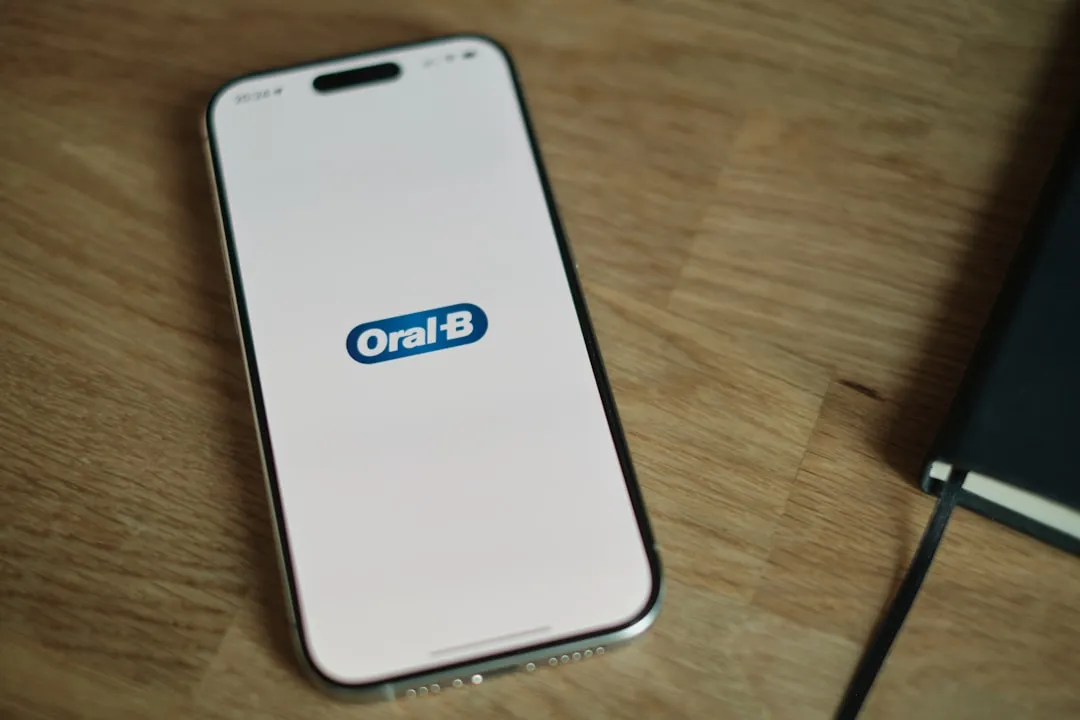










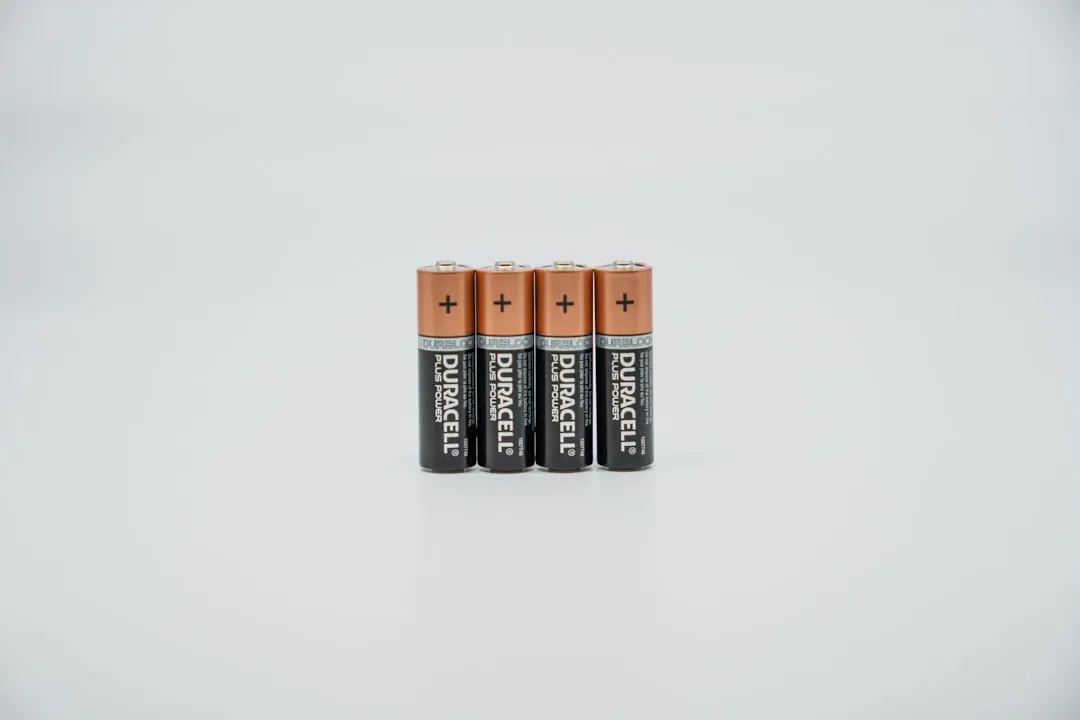

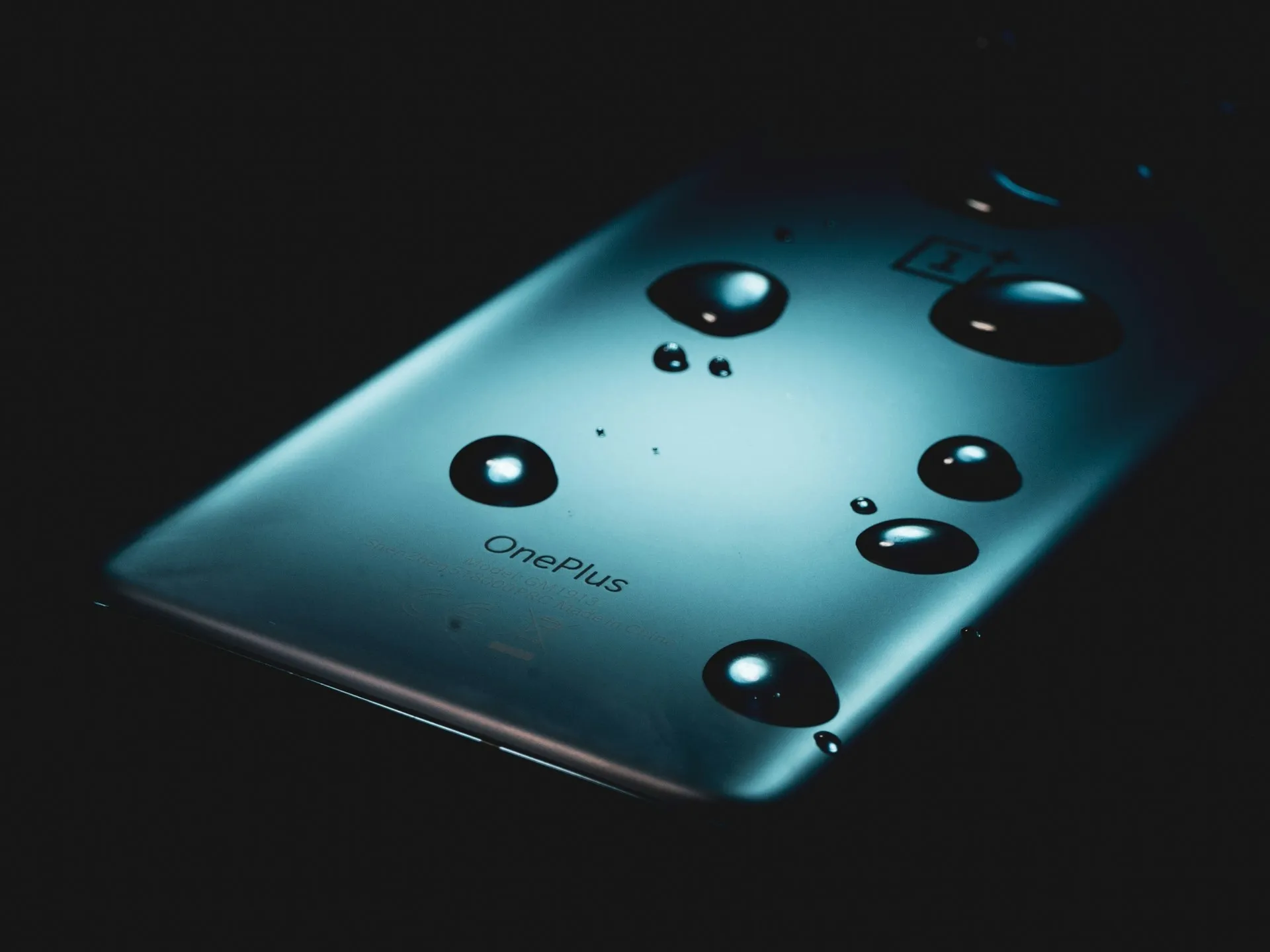

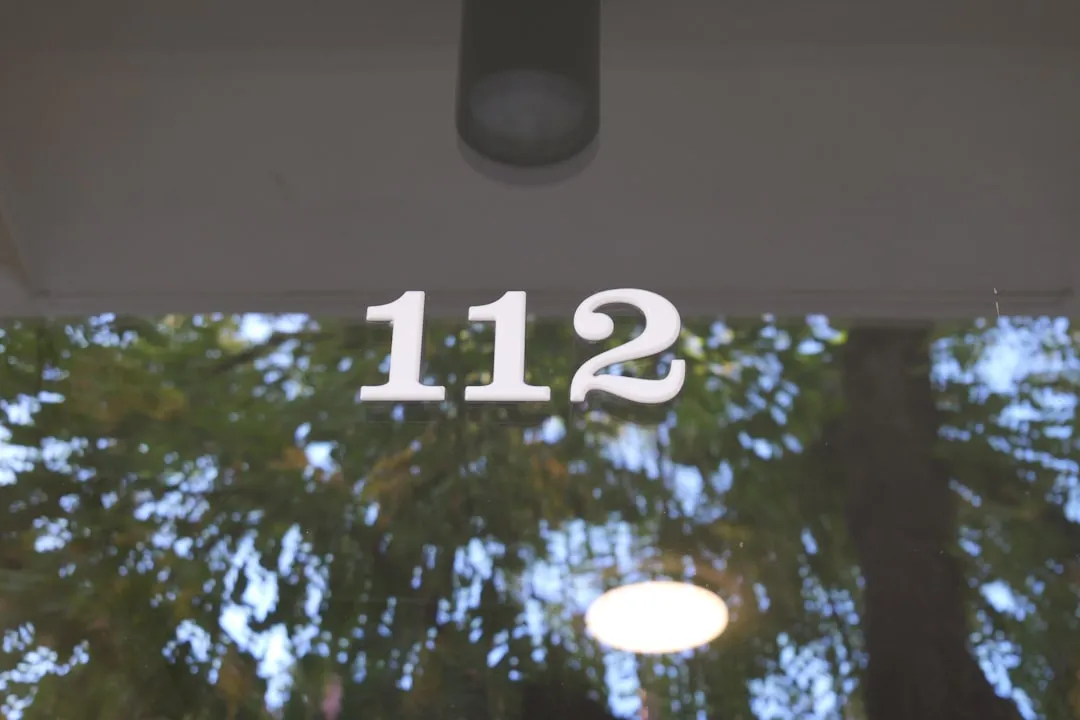
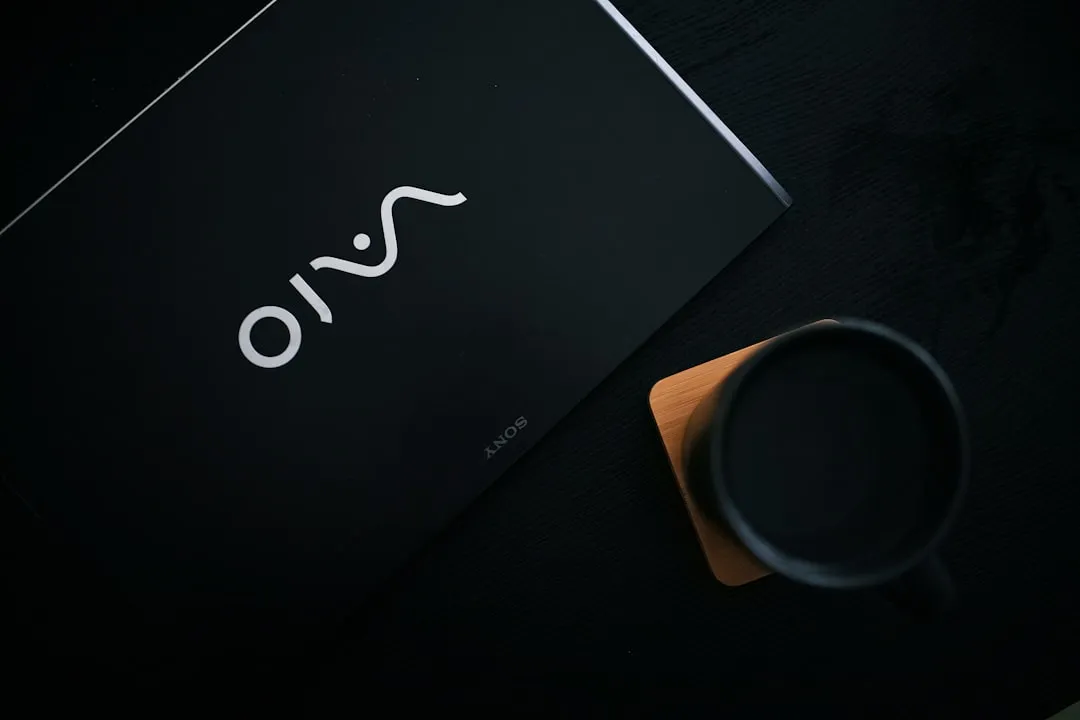
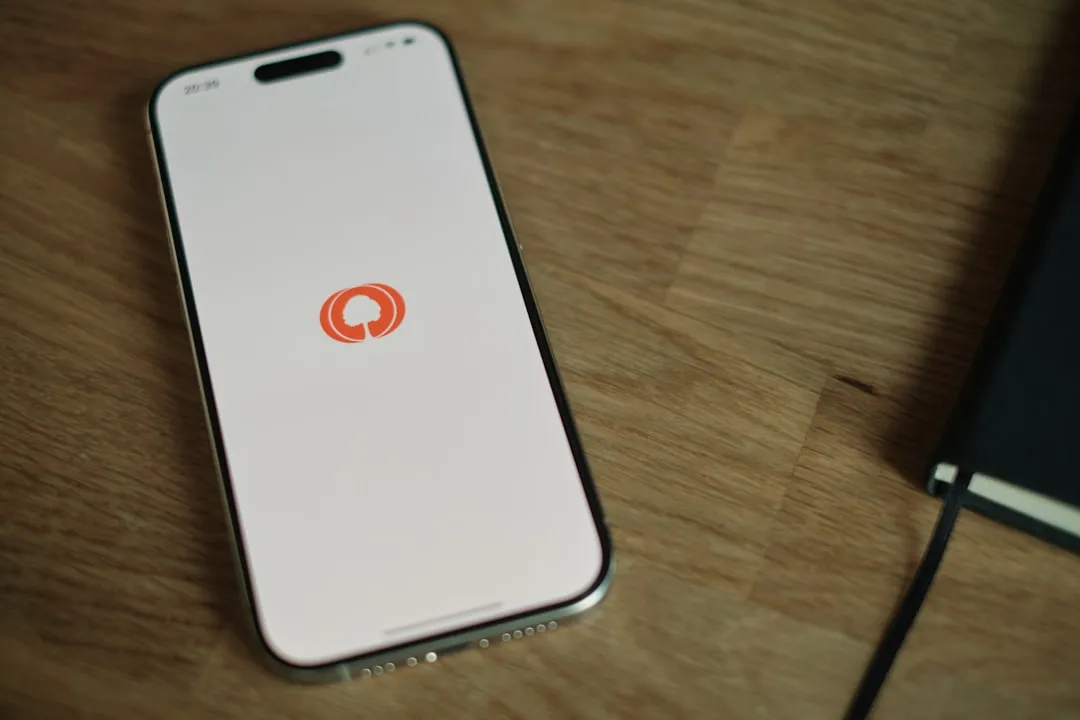
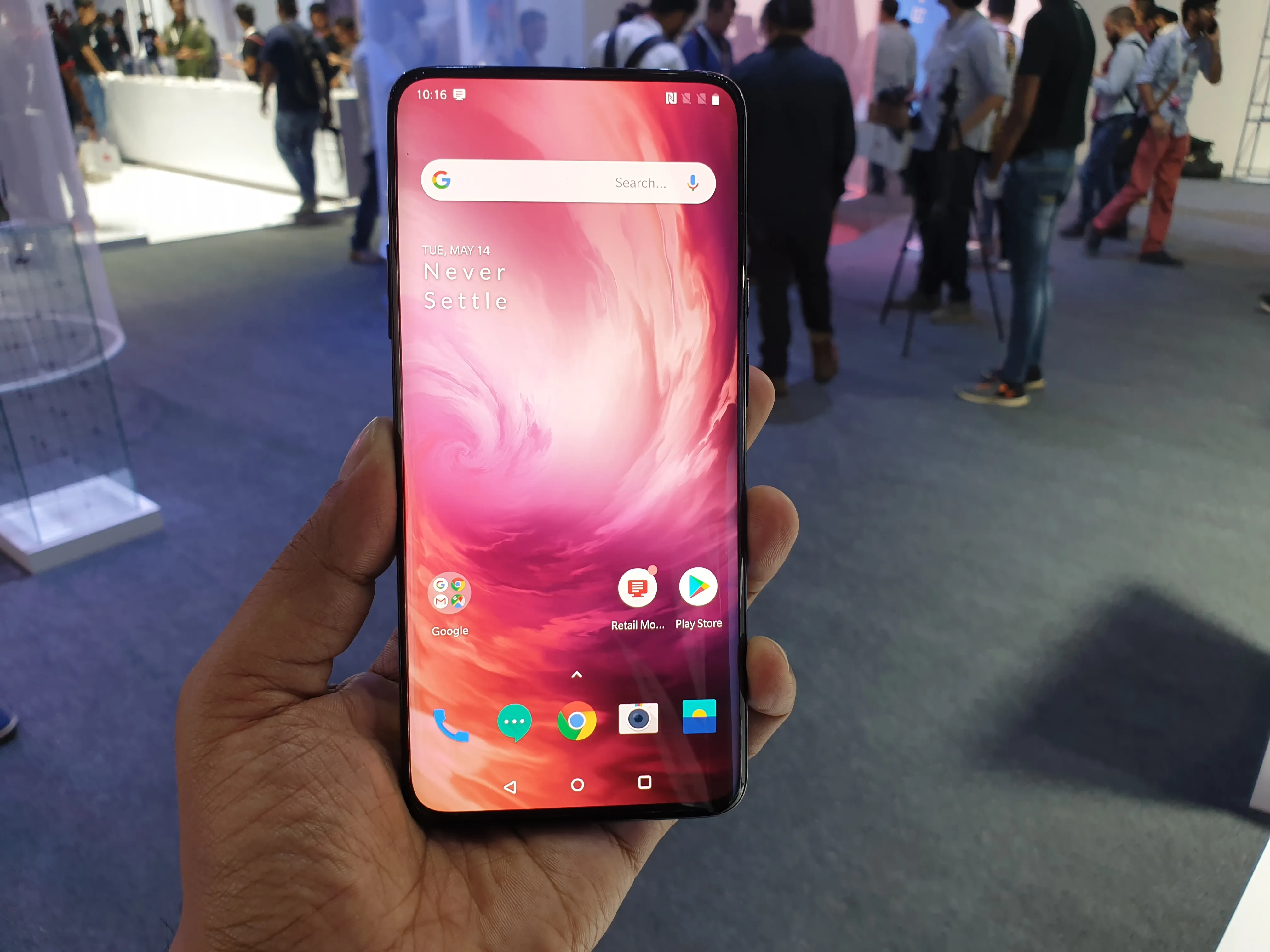

Comments
Be the first, drop a comment!